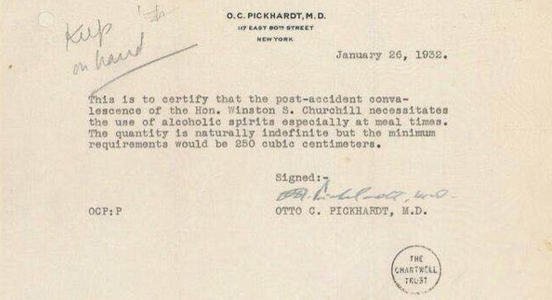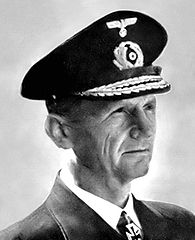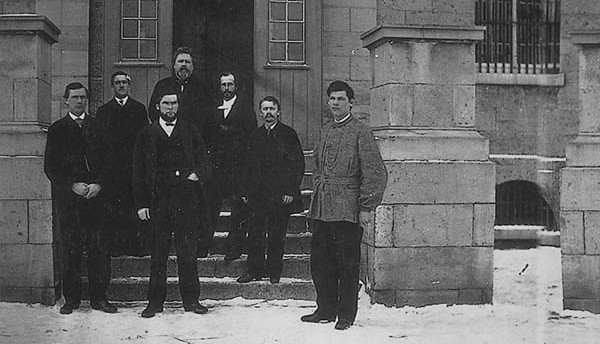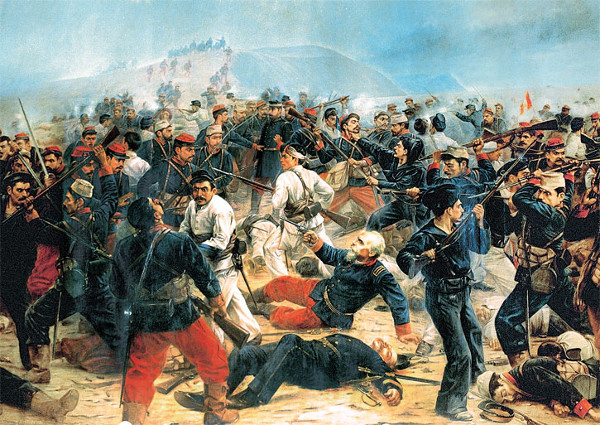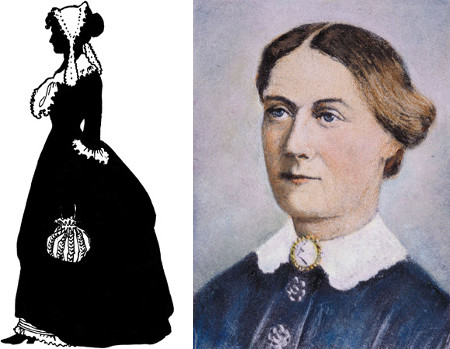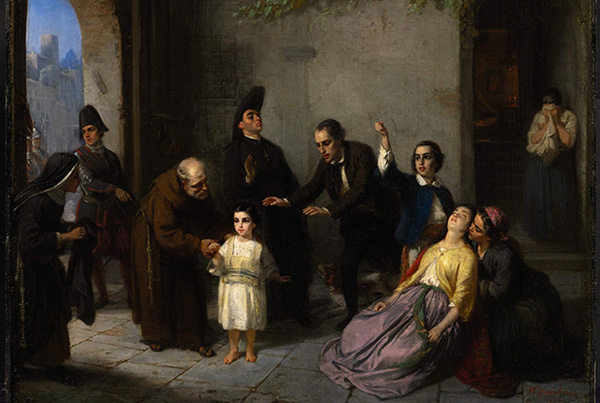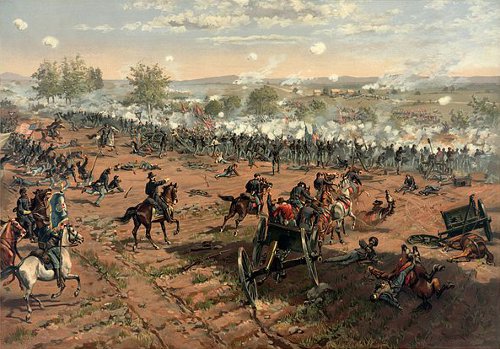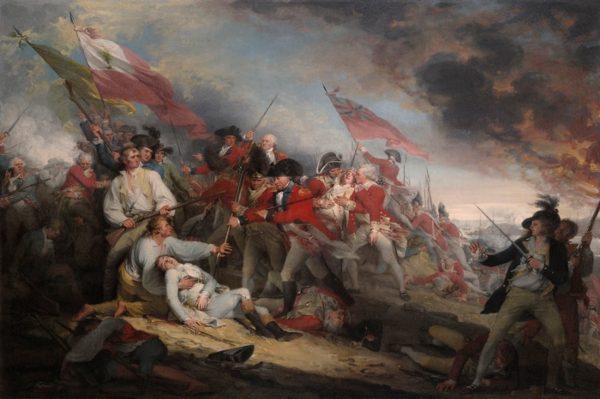
In 1777, in conversation with diplomat Arthur Lee, Benjamin Franklin reflected on the “miracle” of the American Revolution:
To comprehend it we must view a whole people for some months without any laws or government at all. In this state their civil governments were to be formed, an army and navy were to be provided by those who had neither a ship of war, a company of soldiers, nor magazines, arms, artillery or ammunition. Alliances were to be formed, for they had none. All this was to be done, not at leisure nor in a time of tranquillity and communication with other nations, but in the face of a most formidable invasion, by the most powerful nation, fully provided with armies, fleets, and all the instruments of destruction, powerfully allied and aided, the commerce with other nations in a great measure stopped up, and every power from whom they could expect to procure arms, artillery, and ammunition, having by the influence of their enemies forbade their subjects to supply them on any pretence whatever. Nor was this all; they had internal opposition to encounter, which alone would seem sufficient to have frustrated all their efforts. … It was, however, formed and established in despite of all these obstacles, with an expedition, energy, wisdom, and success of which most certainly the whole history of human affairs has not, hitherto, given an example.
“He told me the manner in which the whole of this business had been conducted, was such a miracle in human affairs, that if he had not been in the midst of it, and seen all the movements, he could not have comprehended how it was effected.”
(From Lee’s journal, Oct. 25, 1777.)
